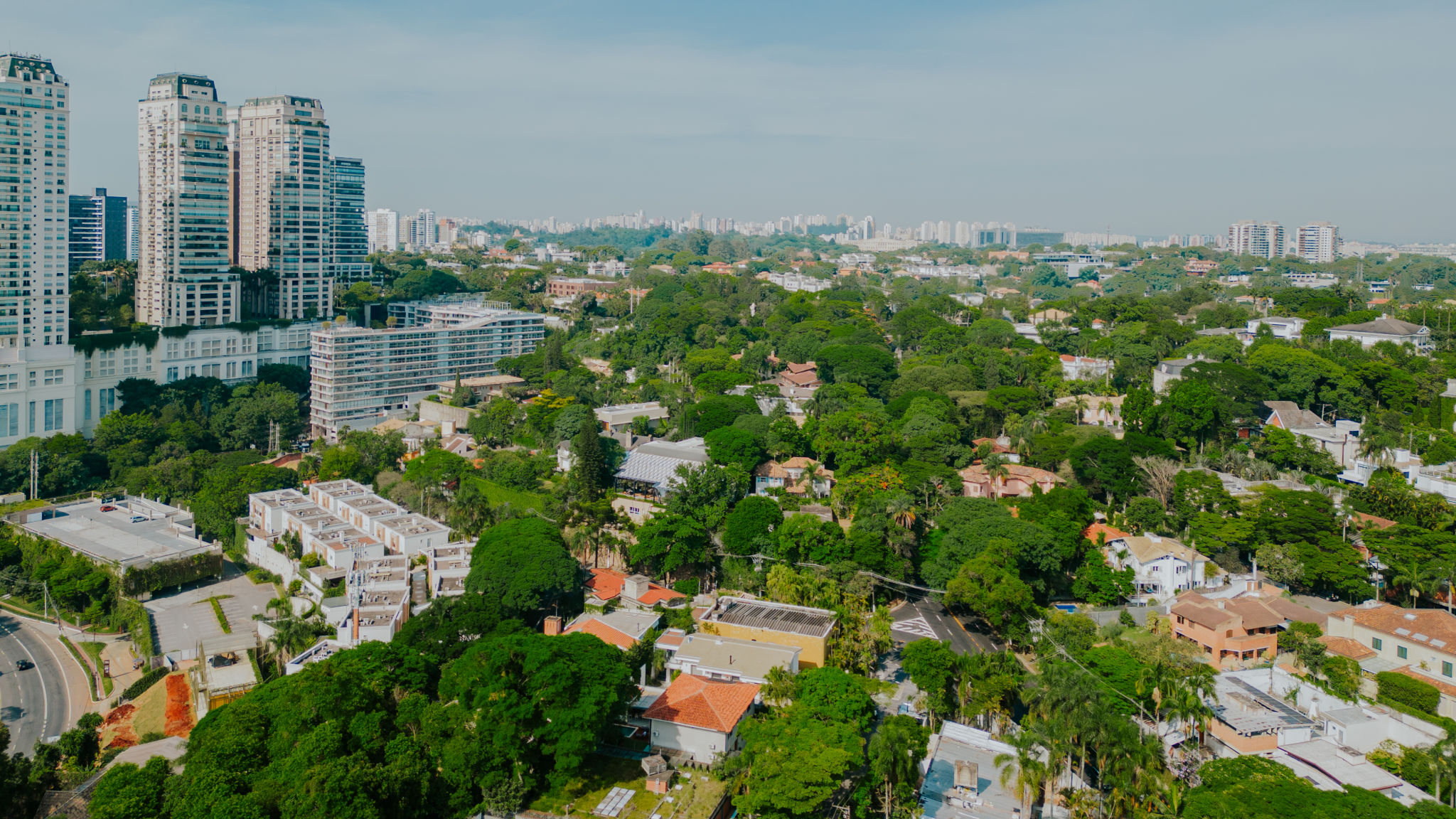Comprehensive Guide to University Life in Brazil
Introduction to University Life in Brazil
University life in Brazil offers a unique blend of academic rigor, cultural diversity, and vibrant social experiences. From bustling cities to serene campuses, students can expect a dynamic environment that fosters both personal and professional growth. Understanding what to expect and how to navigate this exciting phase can make all the difference.

Academic Structure
Brazilian universities offer a range of undergraduate and postgraduate programs. The academic year typically starts in February and ends in December, divided into two semesters. Students can choose from a variety of fields including engineering, medicine, humanities, and more. Many universities emphasize research, providing students with opportunities to engage in groundbreaking projects.
Most classes are taught in Portuguese, although some institutions offer courses in English, especially at the postgraduate level. It’s important to be proficient in Portuguese to fully engage with the curriculum and local culture.
Social Life and Extracurricular Activities
The social scene in Brazilian universities is lively and diverse. Many universities host events, parties, and festivals throughout the year, providing students with numerous opportunities to socialize and network. Joining clubs and societies is a great way to meet people with similar interests and make lifelong friends.

Sports are also a significant part of university life. Whether you're interested in football, volleyball, or capoeira, there are plenty of options to stay active and healthy. Participating in sports can also help improve teamwork and leadership skills.
Living Arrangements
Many students choose to live in shared apartments or dormitories near their campus. These living arrangements are not only cost-effective but also provide a chance to build a community with fellow students. Some universities offer on-campus housing, though spaces can be limited.
It’s important to consider the location and proximity to public transportation when choosing where to live. Being close to campus can save time and make it easier to participate in extracurricular activities.

Cost of Living
The cost of living in Brazil can vary significantly depending on the city. While cities like São Paulo and Rio de Janeiro tend to be more expensive, smaller cities may offer more affordable options. Budgeting for accommodation, food, and transportation is crucial for managing expenses effectively.
Many students find part-time work to help cover costs. Teaching English or working in cafes and restaurants are common options. Balancing work and study requires good time management but can be a rewarding experience.
Conclusion
Embarking on university life in Brazil is an enriching journey filled with opportunities for learning and personal development. By understanding the academic structure, engaging in social activities, and managing living expenses, students can make the most of their university experience. Embrace the vibrant culture and diverse community, and you'll find your time in Brazil to be unforgettable.
